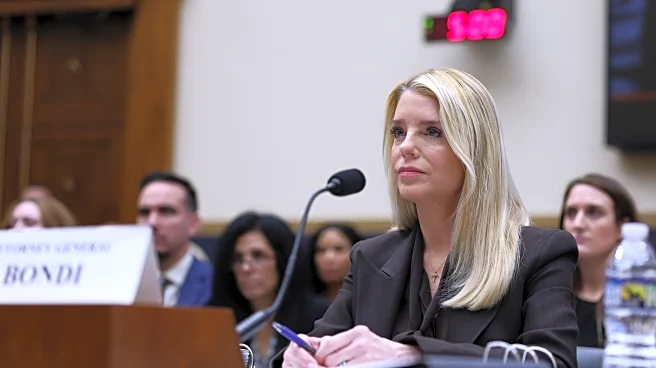What is the story about?
What's Happening?
The Trump administration has announced significant reductions in federal rebates and tax credits for renewable energy initiatives, including electric vehicles, heat pumps, and solar panel installations. This move is part of a broader strategy to support fossil fuel industries. The U.S. Environmental Protection Agency has also eliminated the 'Solar for All' program, which was designed to help low-income households install solar panels. In response, organizations like Rewiring America are offering guidance to consumers on how to navigate these changes and take advantage of remaining incentives before they expire.
Why It's Important?
The reduction in federal support for renewable energy could slow the transition to cleaner energy sources in the U.S., potentially increasing reliance on fossil fuels. This shift may have significant environmental and economic implications, including higher energy costs for consumers and missed opportunities for job creation in the renewable sector. Low-income households, in particular, may face increased financial burdens as they lose access to programs that help reduce energy costs. The changes could also hinder progress towards national climate goals.
What's Next?
As federal incentives wane, state-level programs like California's Energy Smart Homes Program may become increasingly important for supporting renewable energy adoption. Consumers and advocacy groups are likely to push for the reinstatement of federal incentives or the introduction of new state-level programs to fill the gap. The ongoing debate over energy policy is expected to continue, with potential implications for future legislative and executive actions.
















